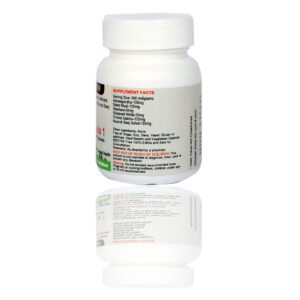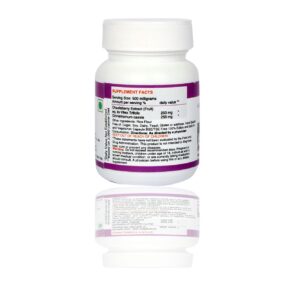FSH, LH, Prolactin, and TSH
; are the four key reproductive hormones which play an important role in reproduction. These tests are done to analyze any hormonal changes which may cause infertility.
FSH is a hormone that stimulates the development of the follicle (egg) in the ovaries. It is measured by taking a blood test usually on day 2 or day 3 of your menstrual cycle (day 1 is the first day of your full menstrual flow). An elevated FSH (greater than 10) can be an early indication of decreased fertility.
Small amounts of prolactin normally circulate in the blood of nonpregnant, nonlactating women. Too much prolactin (hyperprolactinemia) can cause irregular periods and trouble ovulating and/or getting pregnant.
Luteinizing hormone (LH) is an important hormone both men and women produce. This hormone is known as a gonadotropin, and it affects the sex organs in both men and women. For women, it affects ovaries, and in men, it affects the testes. LH plays a role in puberty, menstruation, and fertility.
Anti Mullerian Hormone (AMH)
An AMH test is often used to check a woman’s ability to produce eggs that can be fertilized for pregnancy. A woman’s ovaries can make thousands of eggs during her childbearing years. The number declines as a woman gets older. AMH levels help show how many potential egg cells a woman has left. This is known as the ovarian reserve. If a woman’s ovarian reserve is high, she may have a better chance of getting pregnant.









